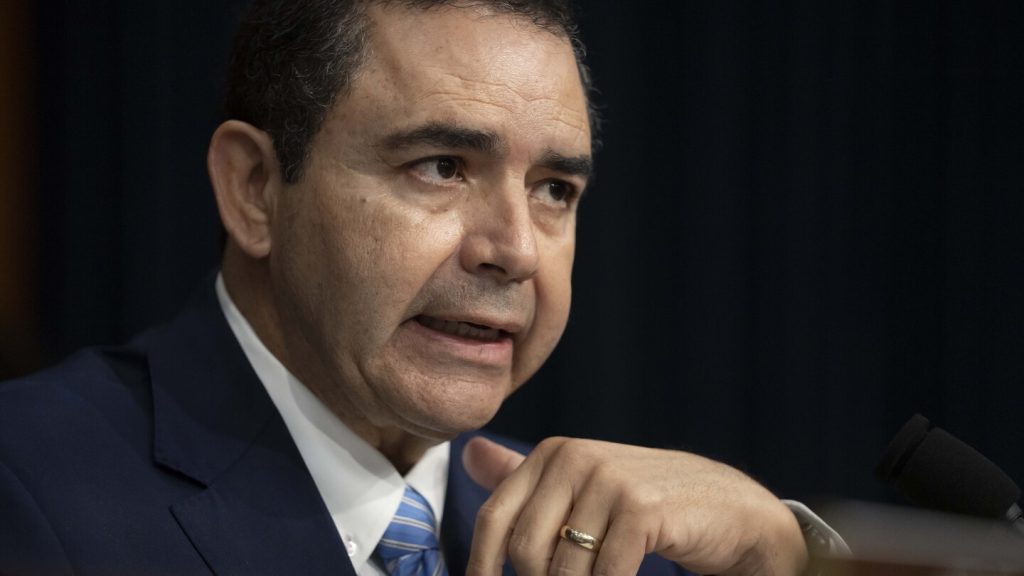Democratic U.S. Rep. Henry Cuellar of Texas is facing federal charges of bribery, money laundering, and working on behalf of a foreign government. He is the third lawmaker in Congress to be indicted this session, but unlike his colleagues, Cuellar has not faced widespread calls for resignation. Five days after the charges were filed, members of the Texas delegation, both Republican and Democrat, have refrained from calling for his resignation, emphasizing the need for a fair trial.
Some Democrats, such as U.S. Reps. Joaquin Castro, Greg Casar, and Veronica Escobar, have previously called for lawmakers facing charges to step down. However, they have not made such statements in Cuellar’s case. The response from lawmakers has been relatively muted compared to previous instances involving indicted lawmakers. Cuellar’s connections with colleagues on both sides of the aisle have garnered support, with many highlighting his significant contributions to public service.
Cuellar’s indictment stems from allegations of setting up fake shell companies to receive bribes from foreign entities. The Justice Department has accused him of coordinating with Azerbaijani agents to thwart legislation not in the U.S.’s interests. Despite the serious charges and potential consequences, Cuellar maintains his innocence. He has significant influence in Congress as a longstanding member and the top Democrat on the House Appropriations subcommittee for Homeland Security. The indictment has raised concerns about his ability to effectively serve his district and fulfill his responsibilities.
While Cuellar faces intense scrutiny and restrictions due to the indictment, he has received support from Democratic leadership who have defended his right to due process. House Minority Leader Hakeem Jeffries emphasized Cuellar’s presumption of innocence and announced his stepping down from committee leadership roles. The Texas Democratic Party Chair also called for accountability but acknowledged Cuellar’s long history of service. The fallout from the indictment has impacted Cuellar’s operations, with key staff members departing and restrictions on travel.
Cuellar’s case has sparked a broader conversation about the handling of indictments involving lawmakers and the importance of due process. Despite the seriousness of the charges, the response has been relatively restrained, emphasizing the need for a fair trial before making any decisions. Cuellar’s ability to navigate these challenges and maintain his innocence will be closely watched as the legal proceedings unfold. The impact of the indictment on Cuellar’s political future and the Democratic Party’s position in Texas remains uncertain as the case continues to develop.















